The Ultimate Guide To The Best Probiotics for Health in 2024
Best Probiotics For Health In 2024: Unlocking the key to enhanced wellbeing, this guide introduces the leading probiotic supplements designed to revolutionize your health journey in the coming year. With an emphasis on gut health, immunity, and overall wellness, we explore the top selections that stand out for their quality, efficacy, and user reviews.”
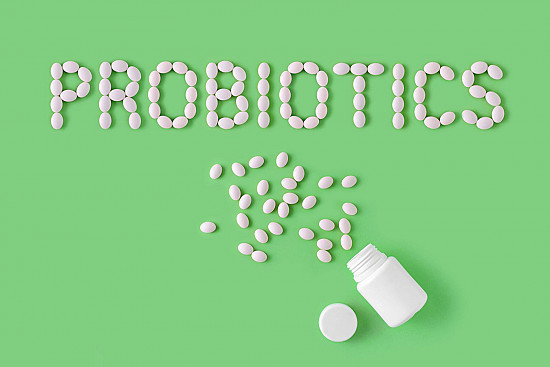
Table of Contents
Best Probiotics For Health 2024
Discovering the most effective probiotics involves understanding their strains, benefits, and how they can be seamlessly incorporated into your daily regime. The right probiotic can transform your health, aiding in digestion, boosting immunity, and even influencing mood and mental health.https://www.health.harvard.edu/nutrition/understanding-the-health-benefits-of-taking-probiotics
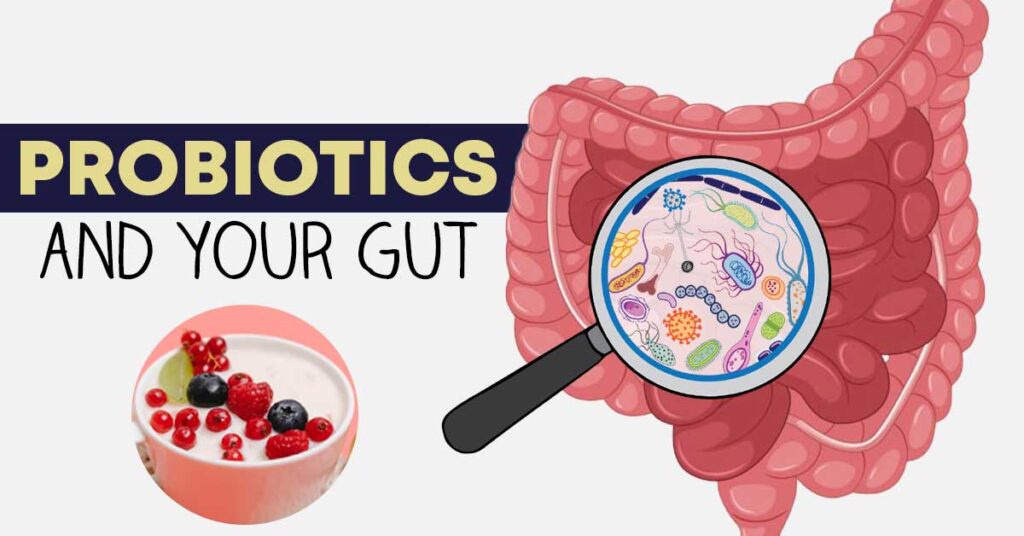
The Science Behind Probiotics and Gut Health
The gut microbiome is a complex ecosystem, critical in digestion, immunity, and beyond. Probiotics contribute to this delicate balance, offering various health benefits essential for maintaining a vibrant lifestyle.
Top Picks: Probiotics for Optimal Health in 2024
From capsules and powders to fermented foods, the options for integrating into your diet are diverse. We’ll explore the leading probiotics products and foods that are making a significant impact on health and wellness in 2024.
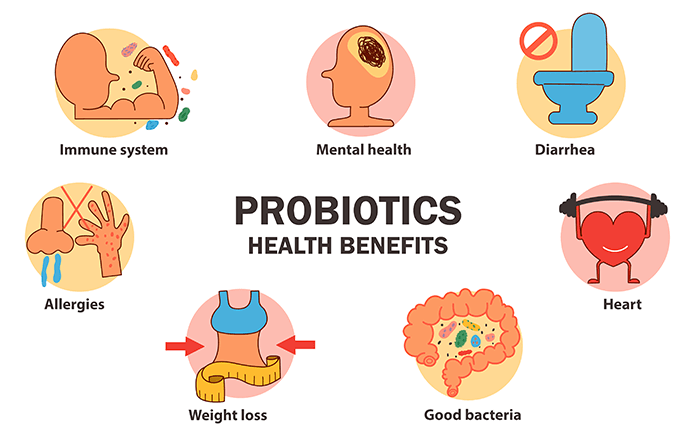
Personalised Probiotics Plans: Tailoring to Your Health Needs
Recognising that one size does not fit all, the concept of personalised probiotic plans takes precedence. Learn how to select probiotics based on your unique health profile and lifestyle preferences.
Boosting Immunity with Probiotics
In the face of evolving health challenges, boosting your immune system has never been more critical. Discover how probiotics are vital in fortifying your body’s defence mechanisms.
Enhancing Digestive Health with Probiotics
Digestive health is foundational to overall well-being. This section uncovers how probiotics can alleviate common digestive issues, promoting a healthy gut flora and enhancing nutrient absorption.
The Mental Health Connection: Probiotics and the Gut-Brain Axis
Emerging research highlights the connection between gut health and mental well-being. Explore how probiotics can influence mood, stress levels, and cognitive function through the gut-brain axis.
Children and Probiotics: Building a Healthy Foundation
Early intervention with probiotics can set the stage for lifelong health. Understand the benefits and considerations of probiotics for children, from infants to teenagers.
Elderly and Probiotics: Supporting Ageing with Gut Health
As we age, maintaining gut health becomes increasingly important. Learn about the specific probiotic strains that can benefit the elderly, supporting digestion, immunity, and overall health.
Athletes and Probiotics: Enhancing Performance and Recovery
For athletes, probiotics offer a competitive edge, aiding in recovery, performance, and overall health. Discover the best probiotic strains for those leading an active lifestyle.
Women’s Health and Probiotics: A Focus on Balance and Well-being
Women’s health issues, from hormonal balance to reproductive health, can be positively impacted by probiotics. Explore the targeted probiotic strains that cater to women’s unique health needs.
Men’s Health and Probiotics: Supporting Vitality and Wellness
Men’s health, including issues related to digestion, immunity, and mental well-being, can benefit from the targeted use of probiotics. Learn about the strains and products best suited for men.
The Future of Probiotics: Innovations and Trends in 2024
Looking ahead, the field of probiotics is ripe with innovation. From novel strains to advanced delivery systems, discover what the future holds for probiotic supplementation.
Choosing the Right Probiotic Supplement: A Buyer’s Guide
With a plethora of options available, selecting the right probiotic supplement can be overwhelming. This buyer’s guide provides practical tips to help you make an informed decision.
Integrating Probiotics into Your Diet: Practical Tips and Recipes
Beyond supplements, incorporating probiotic-rich foods into your diet is a natural way to boost gut health. Get inspired with practical tips and delicious recipes.
The Impact of Lifestyle on Probiotic Efficacy
Lifestyle factors, from diet to stress levels, can influence the efficacy of probiotics. Understand how to optimise your lifestyle to maximise the benefits of probiotics.
Debunking Myths: The Truth About Probiotics and Health
In the realm of health and nutrition, myths abound. This section sets the record straight, debunking common misconceptions about probiotics.
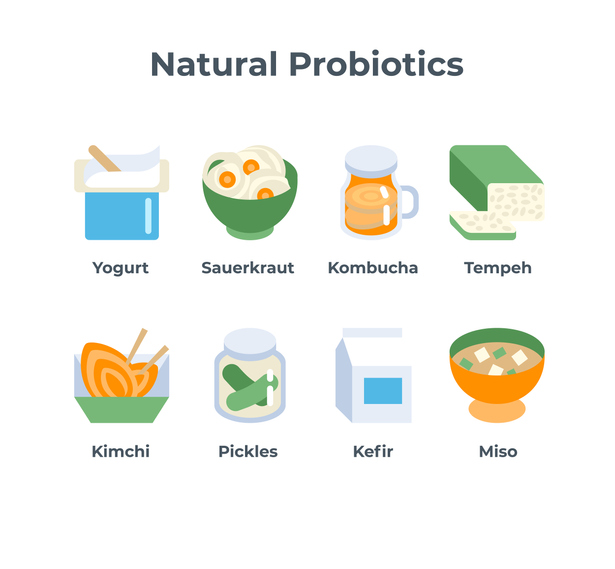
When is the best time take probiotics
The best time to take probiotics is usually considered to be on an empty stomach when the stomach acid levels are lower. This can help ensure that more of the probiotic bacteria survive the journey through the stomach to reach the intestines, where they can colonise and exert their beneficial effects. Therefore, taking probiotics first thing in the morning, with a glass of water, or just before going to bed (assuming you haven’t eaten recently), could be the most effective times.
However, the optimal timing may also depend on the specific type of probiotic product you are using, as some formulations are designed to withstand stomach acid and may be taken at any time of the day. It’s always a good idea to follow the manufacturer’s instructions or seek advice from a healthcare professional to get the most benefit from your probiotic supplement.
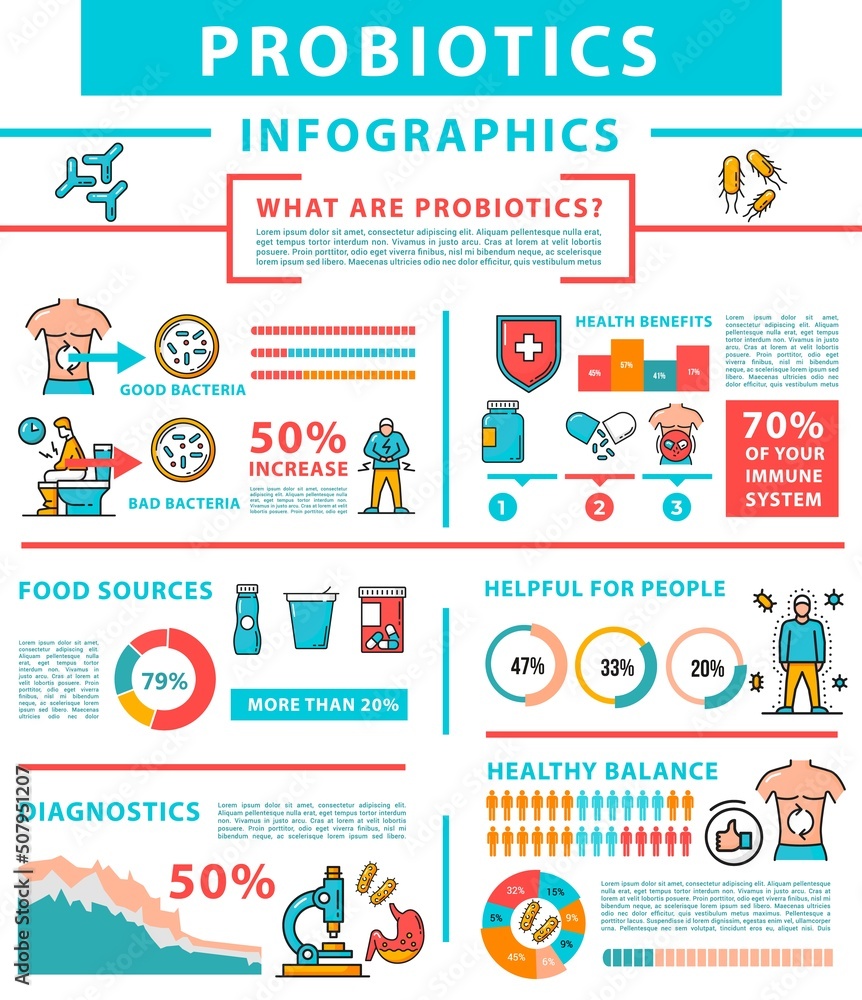
When is the best time to take probiotics morning or night?
The best time to take probiotics, whether in the morning or at night, often depends on your personal routine and when you are most likely to remember to take them consistently. However, from a biological standpoint, taking probiotics on an empty stomach is generally recommended to maximise their survival rate through the acidic environment of the stomach. This typically means either first thing in the morning before breakfast or in the evening, a few hours after your last meal.
Taking probiotics in the morning, about 15 to 30 minutes before breakfast with a glass of water, allows the beneficial bacteria to pass more quickly through the stomach and reach the intestines, where they can colonise and exert their health benefits.
Alternatively, taking probiotics at night before bed, assuming you haven’t eaten for a few hours, also presents a time when your stomach’s acidity is lower, which could help in the survival of the bacteria as they make their way to the intestines.
Ultimately, the best time is one that fits into your daily routine and allows for consistent use, as regular intake is crucial for achieving the desired benefits. Additionally, consider the specific instructions provided by the probiotic manufacturer, as some formulations may have different recommendations based on the product’s design to withstand stomach acid or target specific times of the day for optimal effectiveness.
What are the best probiotics
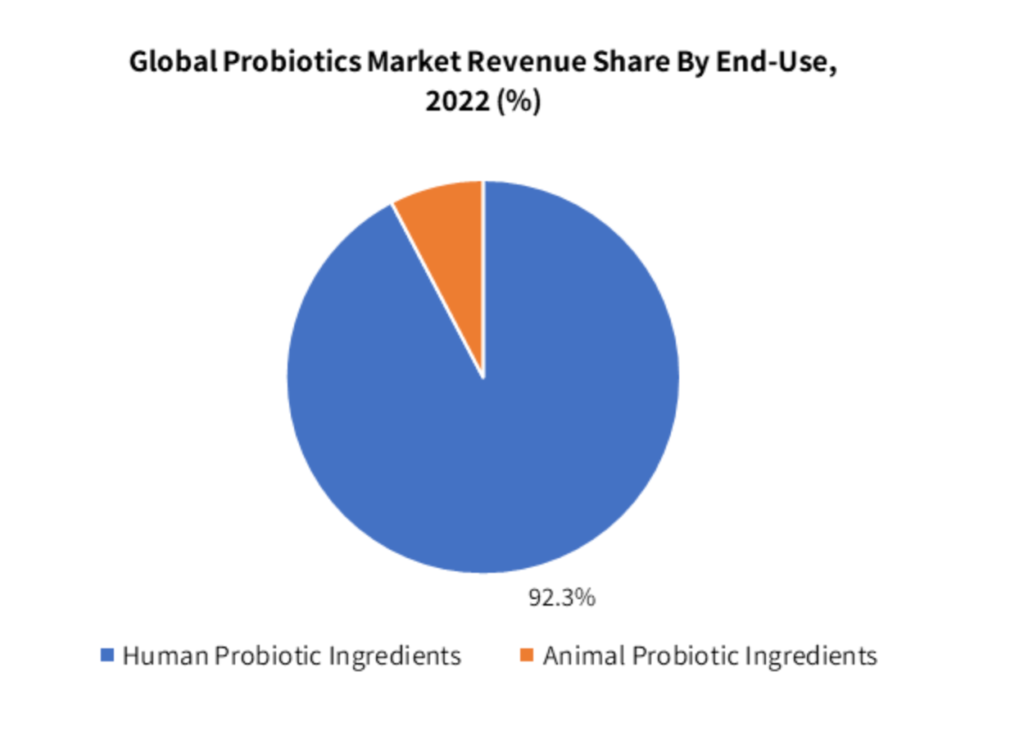
- Lactobacillus strains: These are among the most common bacteria found in probiotics. They’re usually found in fermented foods like yoghurt and kefir. Specific strains like Lactobacillus acidophilus, Lactobacillus rhamnosus, and Lactobacillus reuteri have been shown to support digestive health, boost the immune system, and may even have beneficial effects on mental health.
- Bifidobacterium strains: This type of bacteria is also commonly found in dairy products. Strains such as Bifidobacterium lactis, Bifidobacterium longum, and Bifidobacterium bifidum can help with improving digestion, enhancing immune function, and potentially reducing the growth of harmful bacteria in the intestine.
- Saccharomyces boulardii: Although not a bacterium but a yeast, S. boulardii is considered a probiotic that can help fight diarrhoea and other digestive problems.
- Streptococcus thermophilus: This strain is known for its role in the production of lactase enzyme, which can help people digest lactose, the sugar found in milk, making dairy products more tolerable for those with lactose intolerance.
- Combination or multi-strain probiotics: These products contain a mix of different strains and species of probiotics. They are designed to provide a broader range of benefits or target specific health concerns more effectively than single-strain products.
It’s important to note that the effectiveness of a probiotic can vary depending on the strain(s), the dose, and the individual’s existing gut flora. Therefore, what works best for one person might not be as effective for another. For specific health conditions, it’s advisable to look for probiotics that have been studied for those issues. Moreover, quality matters; opt for reputable brands that guarantee potency through the end of shelf life, and always consult a healthcare professional before starting any new supplement, especially if you have underlying health conditions or are pregnant.
What are the best probiotics for women
- Lactobacillus rhamnosus GR-1 and Lactobacillus reuteri RC-14: These strains have been extensively studied for their benefits in promoting vaginal health. They can help restore and maintain a healthy balance of microflora in the vagina, reducing the risk of infections such as bacterial vaginosis and yeast infections.
- Lactobacillus acidophilus: This strain is commonly found in the vaginal and urinary tracts and helps maintain an acidic environment in the vagina, which can protect against the growth of harmful bacteria.
- Lactobacillus gasseri: Some studies suggest that L. gasseri may help with improving digestive health and reducing menstrual pain. It’s also been looked at for its potential weight management benefits.
- Bifidobacterium lactis: Known for its immune-boosting properties, B. lactis can help enhance overall immune function, which is crucial for maintaining health and fighting off infections.
- Saccharomyces boulardii: Although not a bacterium but a yeast, S. boulardii can be beneficial in preventing and treating diarrhoea, including those associated with antibiotic use, which women may experience during treatments for urinary tract infections (UTIs).
It’s essential for women to choose probiotics tailored to their specific health needs. For example, if you’re looking to support vaginal health, products containing Lactobacillus strains that are specifically known to colonise the vagina would be more beneficial. For digestive health or immune support, a broader range of probiotic strains might be more appropriate.
Quality and formulation are also key considerations. Opt for reputable brands that guarantee potency through the end of shelf life, and ensure the product has been stored and handled properly to maintain its effectiveness. As always, it’s advisable to consult with a healthcare professional before starting any new supplement regimen, especially if you have specific health concerns or conditions.

Conclusion: The Path to Enhanced Health with Probiotics in 2024
As we embrace 2024, the journey towards optimal health is increasingly intertwined with our understanding and use of probiotics. This guide not only sheds light on the best probiotics for health but also empowers you to make choices that align with your health goals and lifestyle.https://mikeymajk.com/healthspan-definition-healthy-life-benefits/

